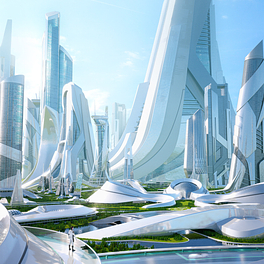
Progress Good
An exploration of progress, rationality, and optimism. A defense against the anti-enlightenment tradition.
By registering you agree to Substack's Terms of Service, our Privacy Policy, and our Information Collection Notice

An exploration of progress, rationality, and optimism. A defense against the anti-enlightenment tradition.